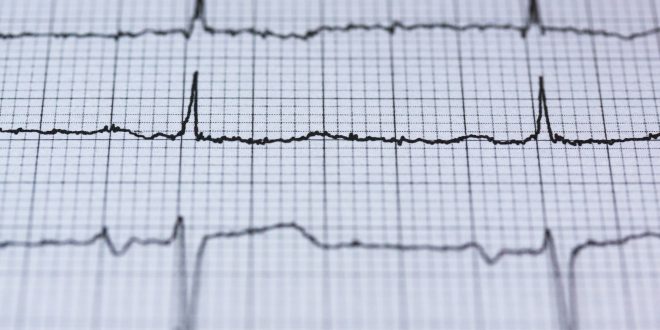By: Alice Zhong
Lowering your risk of heart disease is one of the most important things on which to focus. One person dies every 37 seconds in the United States from cardiovascular disease. About 647,000 Americans die from heart disease each year—that’s 1 in every 4 deaths. Yet, most people with heart disease are symptom-free and unaware they have a problem before they experience a potentially fatal event.
The most common suggestions are to quit smoking, get regular exercise, reduce stress and treat high blood pressure. Staying away from sugar, trans-fats and inflammation-causing foods are also essential. There are other lesser-known factors that may extend your life.
This discussion will cover the topics of Sleep Apnea, Low Vitamin D Levels and Periodontal Disease and their direct roles in heart disease risk. These factors are entirely within your control.
Risk Factors Over Which You Have No Control:
- Blood type: Type A (+5%), Type B (+11%) and Type AB (+23%) show increased risk compared to Type O.
- Menopause prior to age 46; or surgical menopause with ovaries removed.
- Women who were physically abused as children have increased risks.
- 80% of heart attacks occur after age 65.
What You Can Affect:
- Untreated sleep apnea
- Vitamin D deficiency (below the healthy range of 50-100 ng/ml.)
- Periodontal disease
- High waist-to-hip ratio; excess abdominal fat
- Shift work increases heart attack risk by 23% due to interference with the body’s circadian rhythm.
- High red blood cell count
- Black-Americans have higher rates of high blood pressure, obesity, inactivity, diabetes, Sickle-cell anemia, Vitamin D deficiency and many other known risk factors leading to higher rates of heart attack and stroke compared to whites.
- Hispanic Americans are killed by cardiovascular disease more than all forms of cancer combined. Latinos are more likely than whites to be overweight or obese, diabetic and to be inactive. More preventative measures and education are required.
Diagnosing Sleep Apnea
Left untreated, sleep apnea can cause a number of health problems and can put you at an increased risk for heart failure, arrhythmias, gastroesophageal reflux disease, type 2 diabetes, stroke, and heart attack. If you think sleep apnea may be a problem, discuss it with your doctor or schedule an appointment with a sleep specialist immediately.
- Loud, chronic snoring (some with sleep apnea don’t snore, but it’s rare)
- Frequent pauses in breathing
- Tired, moody, depressed and/or irritable despite being in bed for eight hours
- Overweight or obese
- High blood pressure
- Wake up regularly with a headache
To live as full and healthy a life as possible it is essential to pay close attention to the factors that you can control. Please don’t pretend all is well until you experience a permanently heart-damaging event. Take charge of your health today!
REFERENCES:
 Tempus Magazine By Students, For Students
Tempus Magazine By Students, For Students 



